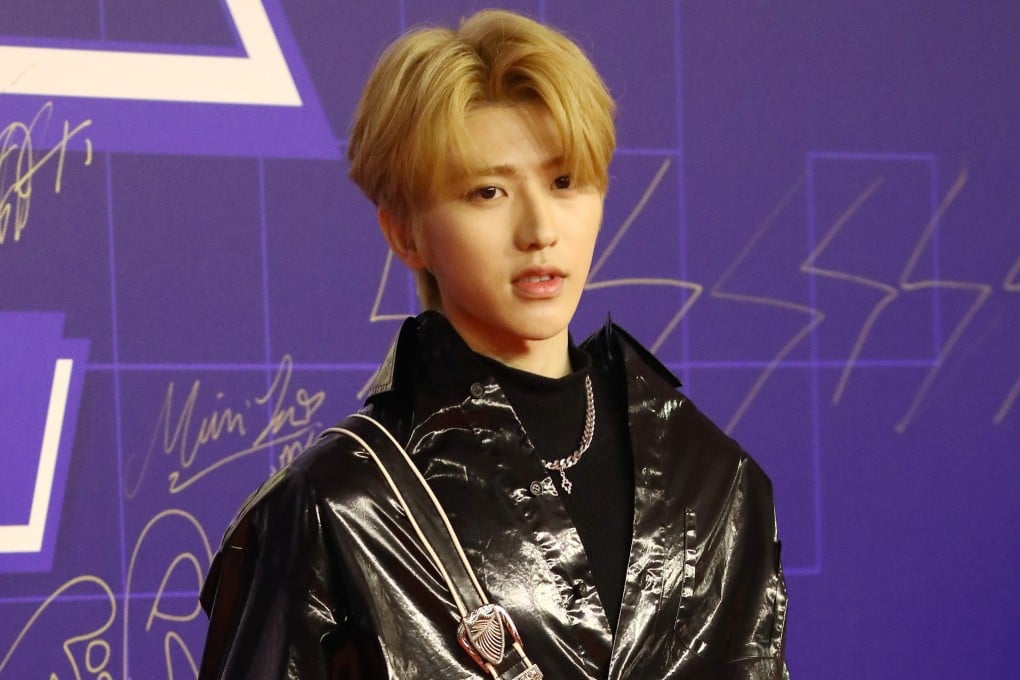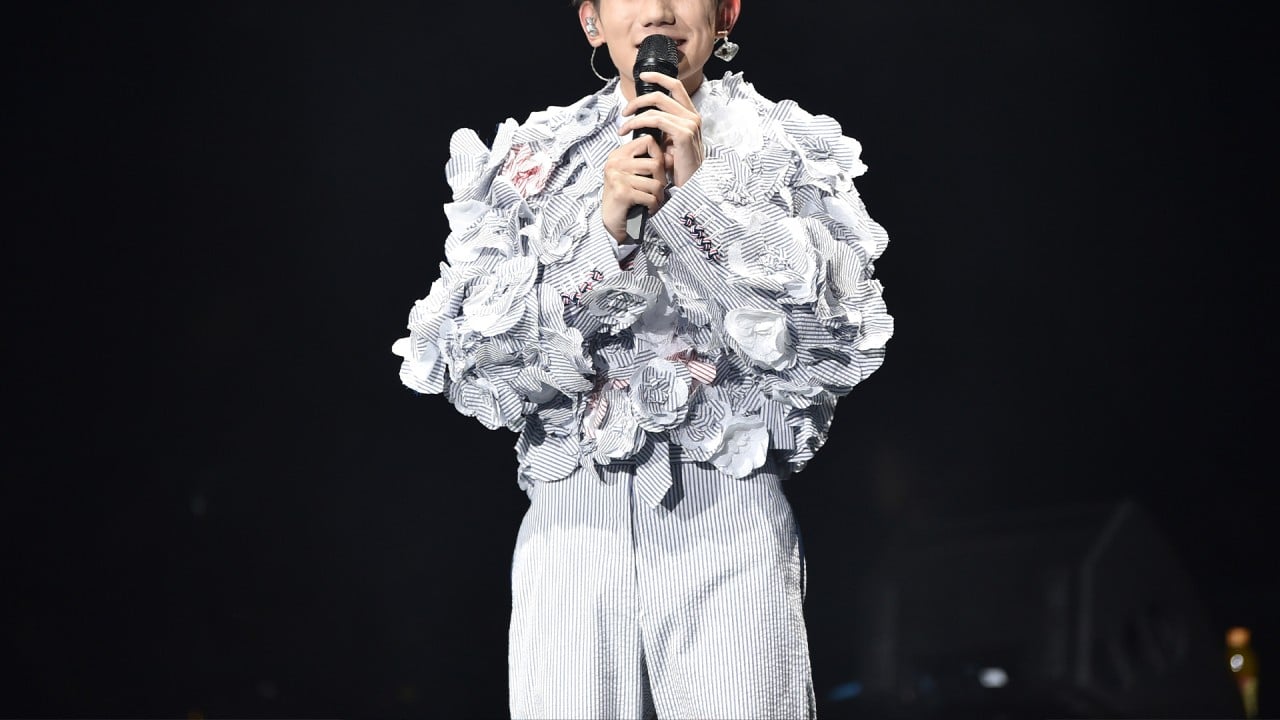China’s campaign for conformity is taking aim at ‘effeminate’ men
- Regulators have warned media firms off androgynous pop idols and anyone who doesn’t conform to gender norms and called for a boycott of ‘fan culture’
- It’s a sustained and coordinated push that’s linked to President Xi Jinping’s broader ‘common prosperity’ initiative, observer says

In a low-cut midriff top, butt-hugging pants and a bold red lip, Beijing photographer Alain would be hard to miss even in the most crowded party. People stare, he said, and he loves it: “It’s totally a rebellion against conservative culture.”
The National Radio and Television Administration used the word niangpao, which roughly translates to “sissy men”, in guidance to TV companies, telling them to “strictly control the selection of programme actors and guests”. It is the first time the government used the term, which is often used to insult or bully gay men, in official communication. Last week, the same body called for boycotting “fan culture” in general and gay male love stories in particular.
“This can’t be good for society,” said Alain, who asked to use his English name as he did not want to be identified discussing politically sensitive issues. “Some friends of mine are very angry – some want to make up their faces more extremely every day now to fight these limits.”

03:20
China calls for boycott of ‘sissy idols’ and ‘overly entertaining’ stars
Beijing has pushed conservative ideas about gender before, including a 2016 ban on entertainment with gay themes and a 2018 attack by some state media on effeminate men in popular culture. The new regulations are also directed at pop stars and TV personalities, but observers see a redoubling of Beijing’s efforts to narrowly define what – and who – is acceptable in China today.
The current campaign appears to be more sustained and coordinated, said Rana Mitter, a professor of Chinese politics at the University of Oxford. It is also linked to Xi’s broader “common prosperity” initiative, which aims to reduce economic inequality and, increasingly, extends to efforts to wipe out other kinds of difference.